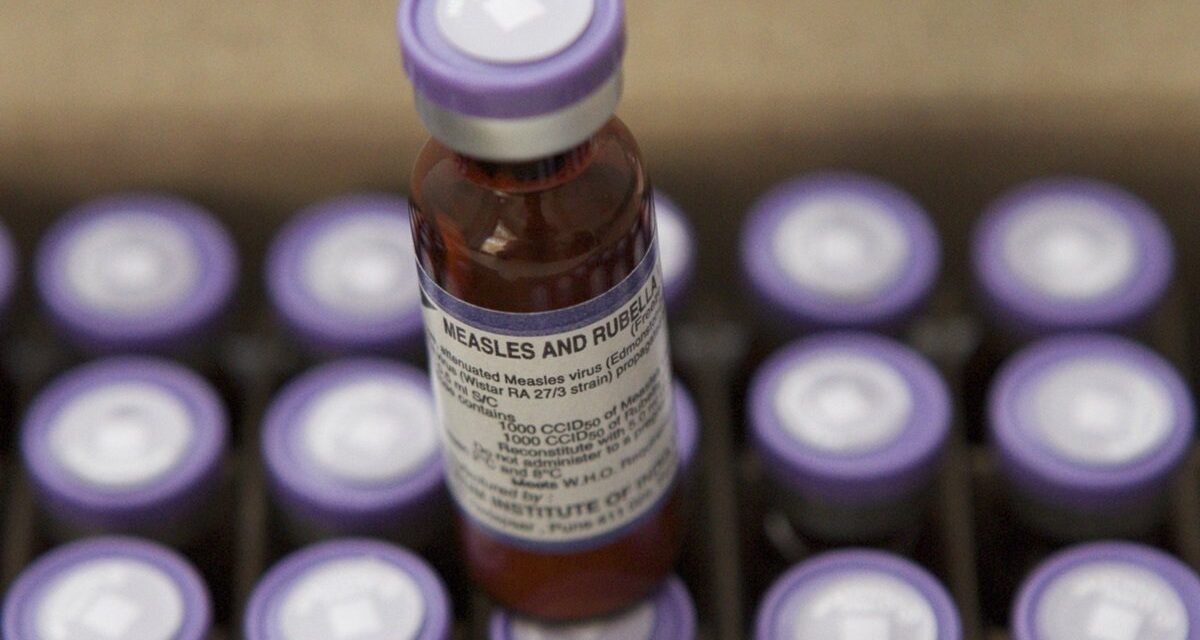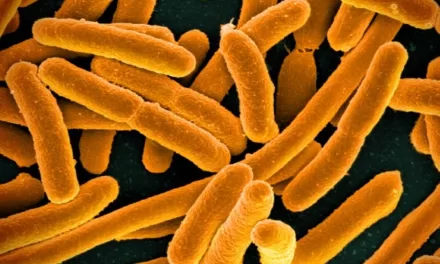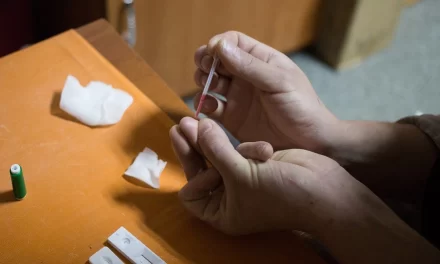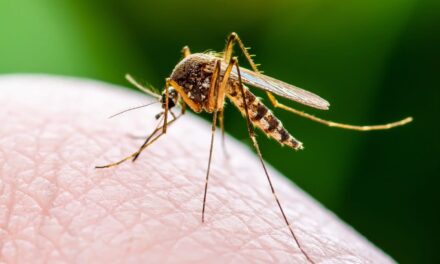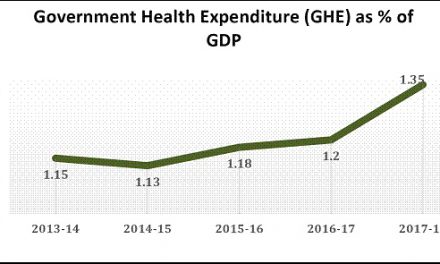A growing measles outbreak, originating in Texas in late January, has now spread to New Mexico and Oklahoma, raising concerns among health officials. As of March 18, 2025, the number of confirmed cases has reached 321, significantly surpassing the total number of U.S. cases recorded in 2024. Health authorities report that the vast majority of those infected are unvaccinated individuals.
This surge has prompted many to question their own immunity and the need for revaccination, leading to a demand for clear guidance from health experts. In a recent Q&A with The Conversation U.S., Dr. Daniel Pastula, a neurologist and medical epidemiologist from the University of Colorado Anschutz Medical Campus and Colorado School of Public Health, addressed these concerns.
Do Adults Need a Second Measles Vaccine?
The measles vaccine, introduced in the U.S. in 1963, uses a weakened live virus to stimulate the immune system. Dr. Pastula clarified that most people who received the live vaccine are likely protected.
- Born before 1957: Individuals in this group are generally considered immune due to widespread exposure to measles.
- Born after 1957: Most people in this group received the vaccine as children and are likely protected. A second dose is not typically recommended, with some exceptions.
- Post-1989: Children who received two doses after 1989 are considered fully vaccinated and do not need further doses.
Exceptions to the Guidelines:
- Those vaccinated between 1963 and 1967 may have received an ineffective “killed” vaccine, requiring a live vaccine dose.
- High-risk individuals, such as healthcare workers, international travelers, and college students, may benefit from a second dose.
Dr. Pastula emphasized that a third dose is rarely necessary.
Vaccination Records and Antibody Tests:
Individuals are encouraged to check their vaccination records, available through state health departments, schools, or pediatricians. Antibody titer tests, while available, are generally not recommended for assessing immunity, as they only measure one aspect of the immune response.
Natural Immunity vs. Vaccination:
While natural immunity offers protection, the risks associated with measles infection, including hospitalizations, deaths, and severe complications, outweigh the benefits. Vaccines provide similar immunity without these risks, with a 97% effectiveness rate after two doses.
Vaccine Safety:
The measles vaccine cannot cause measles. The current outbreak is caused by the wild-type D8 measles virus, not the vaccine strain. Mild side effects, such as fever or rash, may occur, but severe reactions are extremely rare. The benefits of vaccination significantly outweigh the risks.
Vaccination protects not only the individual but also vulnerable populations who cannot receive vaccines.
Disclaimer: This article provides general information and should not be considered medical advice. Consult with a healthcare professional for personalized guidance regarding measles vaccination and immunity. Information is accurate as of the date of this article, March 18, 2025. Health guidelines are subject to change, and it is crucial to stay informed through official health sources such as the CDC and your local health department.

